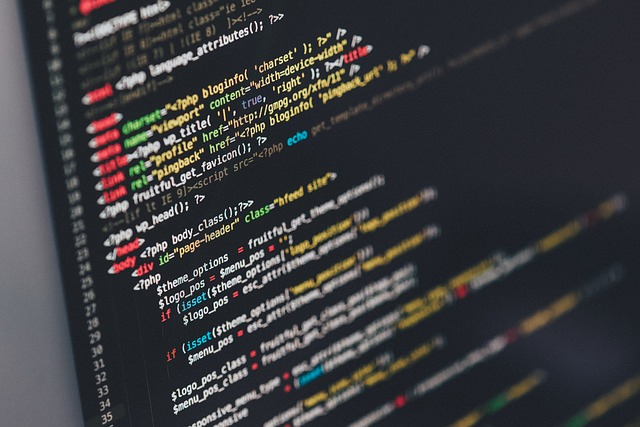
A team of researchers from the Massachusetts Institute of Technology (MIT) have developed a Machine Learning (ML) system that would help to combat fake news by detecting whether a source is authentic or biased.
As per the lead author of the study Ramy Baly from MIT's Computer Science and Artificial Intelligence Lab (CSAIL), "If a website has published fake news before, there's a good chance they'll do it again. By automatically scraping data about these sites, the hope is that our system can help figure out which ones are likely to do it in the first place."
The study, which will be presented during 2018 Empirical Methods in Natural Language Processing (EMNLP) conference in Brussels, has suggested that the system actually needs only about 150 articles to detect whether a news source is reliable or not.
Researchers from MIT and Qatar Computing Research Institute (QCRI) have taken data from Media Bias/Fact Check (MBFC), an independent online media outlet, which is dedicated to educating the public on media bias and deceptive news practices.
The collected data then inserted into the ML algorithm called a Support Vector Machine (SVM) classifier. The researcher programmed it to classify the news sites on the basis of the unreliable contents, like the way MBFC detects the bias news.
When a new news outlet was given, the high tech system was 65 percent accurate at classifying whether it has a high or low or medium level of factuality. The system showed almost 70 percent accuracy while detecting whether the given new news outlet is left or right leaning or moderate.
The team also suggested that the most reliable ways to detect both fake news and biased reports were to look at the common linguistic features of the sources stories that include sentiment, complexity and the story structure, as most of the fake news outlets use languages that is hyperbolic, subjective and emotional.
The research team also added that in terms of biases, the left-leaning news outlets use languages that related to concepts of harm/care and fairness/reciprocity.
A few days ago South Korea has decided to take a step ahead to combat 'Fake News.' The officials recently stated that such unreliable news contents are the 'destroyer of democracy.' This move was decided during a cabinet meeting when Prime minister Lee Nak-yon stated the facts related to the false news. The fake news market also tried to defame his dignity after his visit to Vietnam. On the other hand, conservative critics see this attempt as a trap to paralyze freedom of speech.
In Singapore, a Select Committee was called for new laws, which will grant the government powers to deal with online falsehoods. A news release stated that the country has been the "subject of foreign, state-sponsored disinformation operations". The decision to call a Select Committee was taken after Monetary Authority of Singapore and Singapore Government both said that a fraudulent website has been soliciting investments in Bitcoins by using fabricated comments from Deputy Prime Minister and MAS Chairman, Tharman Shanmugaratnam.









